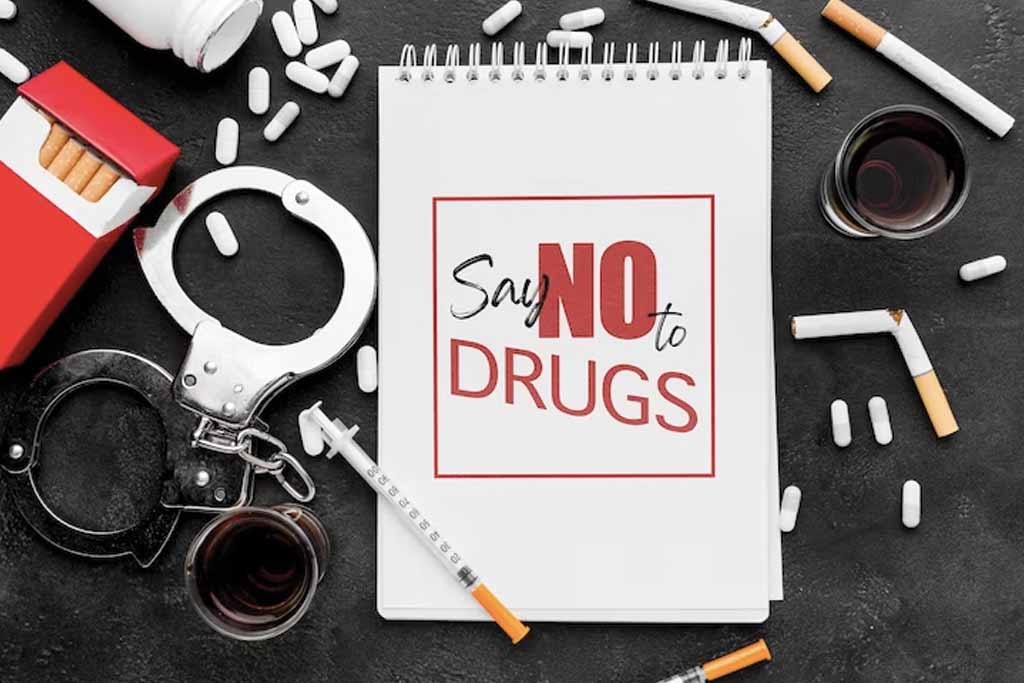How To Stop Taking Drugs? Let’s Find Out

Addiction to drugs can be a hard and debilitating problem that affects millions of people all over the world. Whether you are struggling with drug addiction or just want to cut down on your drug use and don’t know How To Stop Taking Drugs? this comprehensive guide will give you helpful insights, expert advice, and […]
5 Celebrities Who Got Real About Their Addiction

Alcohol or drug addiction can affect just about anyone at any time. Addiction does not discriminate against anyone. While we may view celebrities as people who have it all; money, fame, expensive houses and clothes, we often forget that they are sometimes the ones who struggle the most with drug addiction. Here we will discuss […]
Using Health Insurance for Addiction Treatment

Let’s face it, addiction treatment can be costly; even those who know little of the ins and outs of substance abuse treatment can assume this when they look at their own medical bills. And for those seeking recovery, it remains a serious barrier to treatment. Approximately 10 percent of those who fit the criteria for […]
The Best Ways to Ask for Help with Addiction

We Understand the pain of being an addict and the problems they face in asking for the help. Asking for the help when you are an addict is not an easy task and under this tremendous pressure people are likely to fall pray to addiction and give up. There are many instances when people have […]
What to expect coming into an inpatient treatment facility?

What is Inpatient Treatment? Refers to medical treatment that is provided in a hospital or facility that requires at least one overnight stay. With outpatient treatment, patients receive medical services performed in an office-based setting or clinic. Roughly 21 million Americans have at least one addiction, but only about 10% of them receive treatment. Here’s […]
